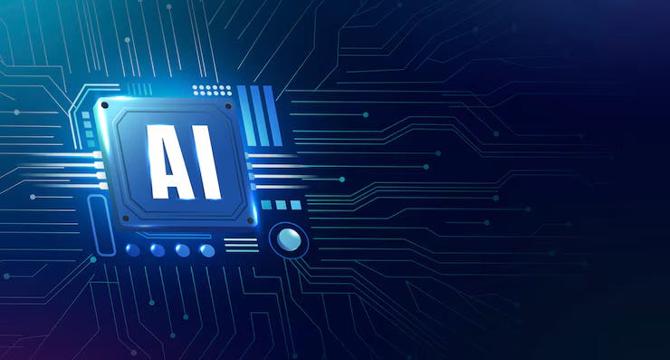Medium
1M
27

Image Credit: Medium
The Rise of AI Across Industries and the Growing Need for Responsible Innovation
- AI is revolutionizing various industries like healthcare, finance, education, manufacturing, and law by improving outcomes, efficiency, and decision-making processes.
- In healthcare, AI aids in diagnosing diseases accurately, personalizing treatments, managing patient data efficiently, and enabling predictive analytics for preventive care.
- In finance, AI enhances fraud detection, algorithmic trading, customer service through chatbots, and credit scoring systems using non-traditional data points.
- The education sector benefits from AI through personalized learning platforms, automated administrative tasks for educators, and real-time feedback mechanisms for students.
- Manufacturing sees increased efficiency and quality control with AI-driven predictive maintenance, supply chain optimization, and automation for smarter decision-making.
- The legal industry leverages AI for legal research, contract analysis, predictive analytics, and streamlining tasks to improve efficiency and accuracy.
- Responsible AI practices are crucial due to challenges like data privacy risks, algorithmic bias, and lack of transparency, emphasizing the importance of fairness and ethical integrity.
- Responsible AI involves rigorous testing for fairness, transparency in decision-making processes, and ensuring humans remain in control of critical decisions for ethical development and use of AI systems.
- Ultimately, embracing Responsible AI aligns technological advances with human values, ensuring innovation benefits all members of society and respects ethical standards and privacy.
- The future of AI relies not just on its capabilities but also on how responsibly and ethically it is developed and utilized to ensure equitable progress and advancement.
- AI has the potential to address societal challenges and enhance decision-making, but it is crucial to guide its development carefully to uphold ethical standards and promote fairness across sectors.
Read Full Article
1 Like
For uninterrupted reading, download the app